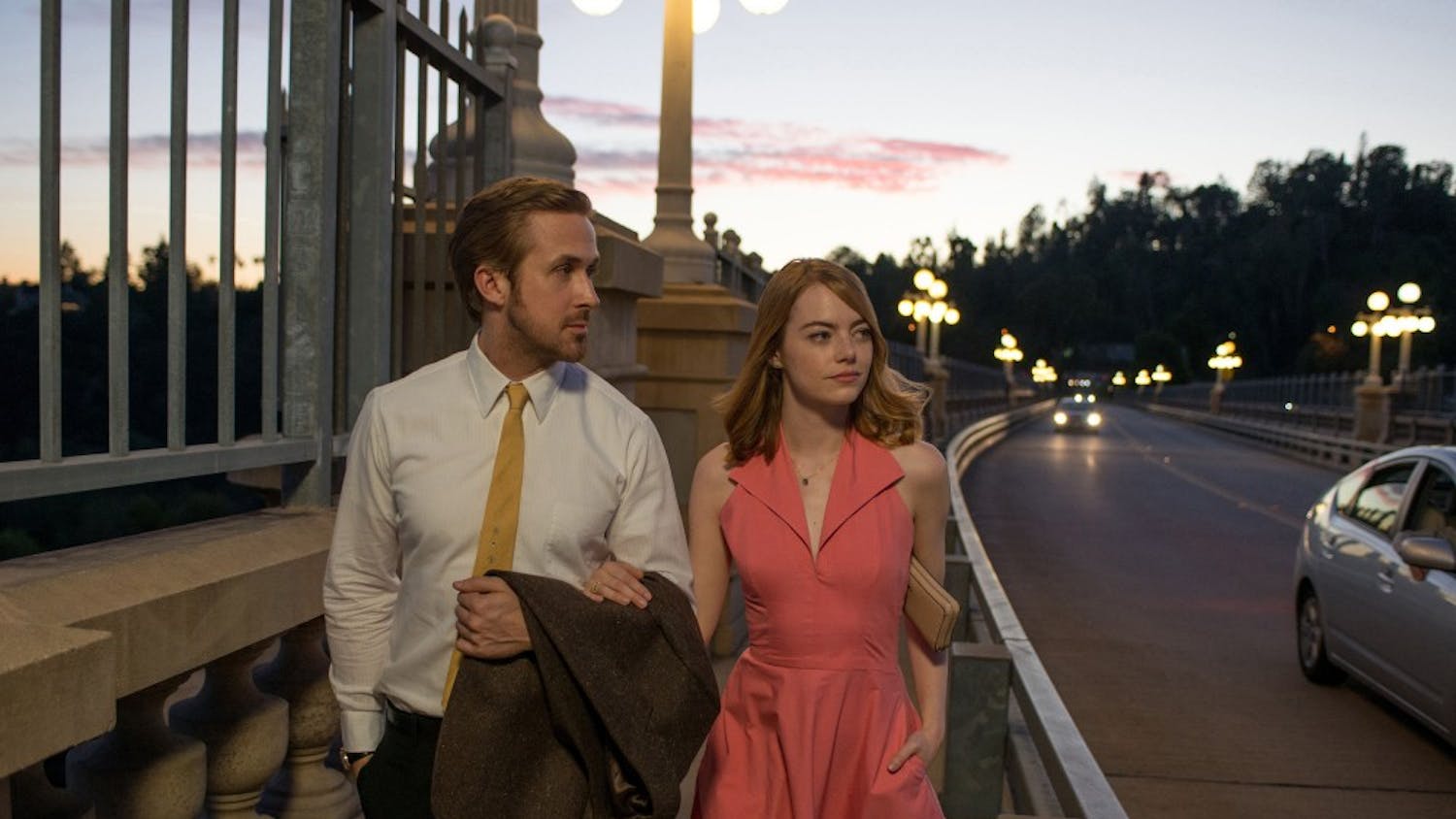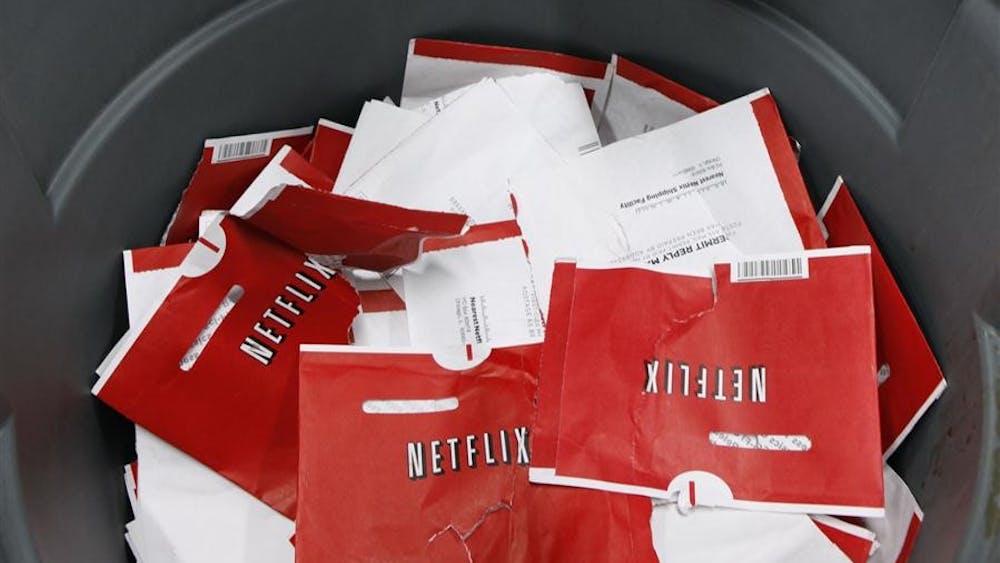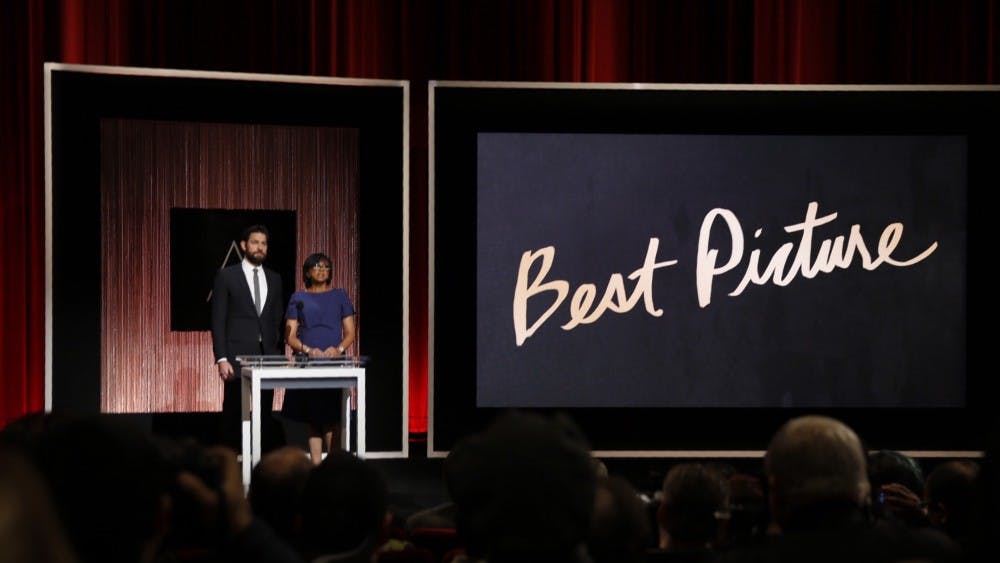Like a quick one-two combination from a championship boxer, the recording industry was left stunned the past two weeks. First, The Smashing Pumpkins unleashed its final album on an unsuspecting public Sept. 5, but don't start scouring record stores for Machina II/The Friends and Enemies of Modern Music. The album was pressed onto two vinyl LPs and three 10-inch singles and given to 25 friends of the band, with the intention of distributing it for free on the Internet. \n Following that, the Offspring announced Sept. 15 that it was planning to offer its new record, Conspiracy for One, online a month before its store release. Both moves pose serious questions for the major labels and the power of the Internet. \n The Pumpkins maneuvering is truly unprecedented. Never has such a big name band released an album for free on the Internet, with no label support. The rumor floating around Pumpkinland is that Virgin Records was uninterested in the material, and that a non-compete clause in the band's contract prevented them from releasing it elsewhere. But based on the giveaway and subsequent response by both fans and the media, Virgin was left eating crow and losing out on sales.\n Meanwhile, the Offspring's planned Internet release is bound to send major shockwaves through the Napster debate. Although the files will be available on the band's Web site, it's certain they'll end up on Napster. The Offspring are on a subsidiary of Sony Records, one of the two labels that sued Napster, claiming they are fighting for the artists' rights. Of course, Sony probably didn't expect one of its biggest-selling acts to embrace the online world.\n Although there are perks to buying the CD, such as a key that lets you join the Offspring's fanclub, a casual fan won't put down $15 for a release if all they want is the music. That lost sale will inevitably come out of the label's pocket more than the band's, which is the main undercurrent running through both these news events.\n The major record labels exist for one reason only: distribution. These companies have the cash and ability to get an artist's music out to the people, and their only goal is to make money. They push the band of the moment, get their big sales and move onto the next one hit wonder. Remember Gerardo, Paula Abdul and The Rembrandts? The labels do, as they surely made a nice chunk of change off exploiting them. \n To truly earn some serious dough, a band needs to hit the road and tour. Look at the Grateful Dead -- never top-selling artists (one top 10 hit in a 30-year career), yet they made millions every year with their constant touring. \n And now, with the advent of the Internet, bands don't need the label's distribution reach, especially big name bands. If they desired, a band like the Pumpkins or the Offspring could sell its albums online for $10 and walk away with $1 million, since the labels wouldn't be receiving the large cut they're accustomed to. \n Smaller bands, with enough promotions and a solid fanbase, can earn money through touring. How do you think Phish survived so long? Word of mouth brought more people to each show, until they could sell out stadiums. With the Internet, that word of mouth can spread like wildfire. \n The labels realize the power of the Internet and how it can cut them out of the deal. All the rhetoric floating around the Napster debate about "protecting artists' rights" and "piracy" is really only about one thing: the labels losing money. As the Internet gets faster and more people sign on, the problems for the labels will only get worse. A few more bands delivering knockout punches will end up leaving the major labels down for the count.
Pumpkins, Offspring surprise industry
Get stories like this in your inbox
Subscribe





